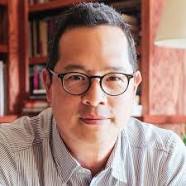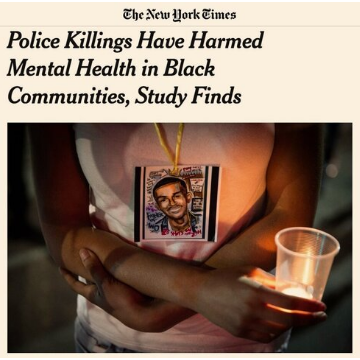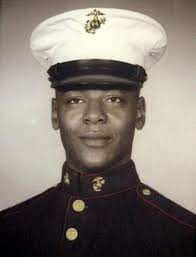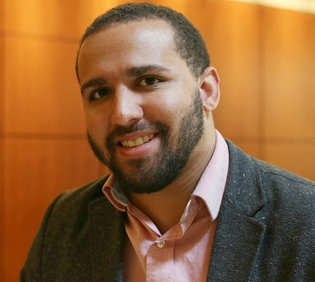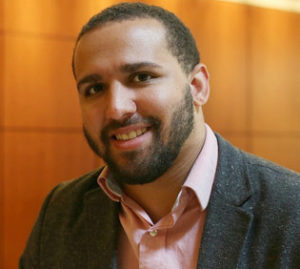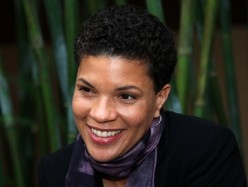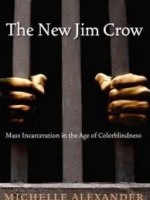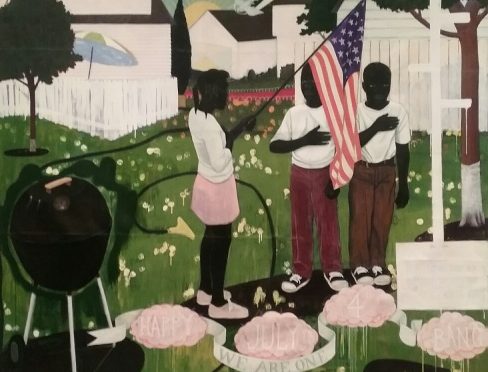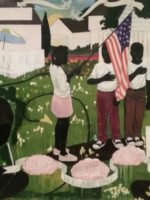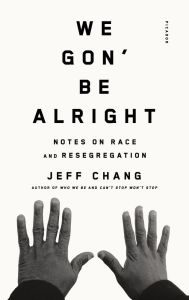
“Race makes itself known in crisis, in the singular event that captures a larger pattern of abuse and pain,” writes author Jeff Chang (Can’t Stop Won’t Stop, Who We Be) in the introduction to a series of essays on the significance of ongoing police shootings, social inequities, housing discrimination and campus diversity.
As an historian, Chang helps us focus on the broader picture (and effects) of the long-term system of racism and how it has played out and continues to develop in our country. Chang touches on Trump’s speech in Mesa, Arizona (December, 2015), demonstrations in Ferguson, MO (where he was arrested for participating) on the anniversary of Michael Brown’s death, and the effects of gentrification to produce a powerful punch through the veil of denial that shrouds and nurtures systemic racism.
